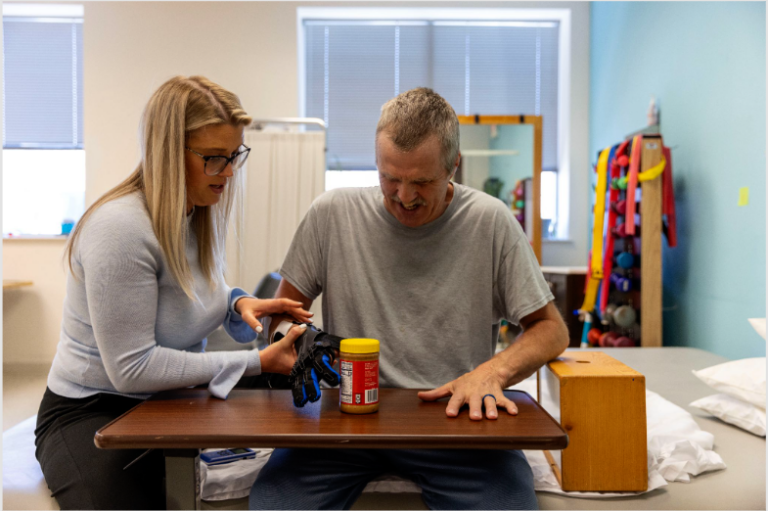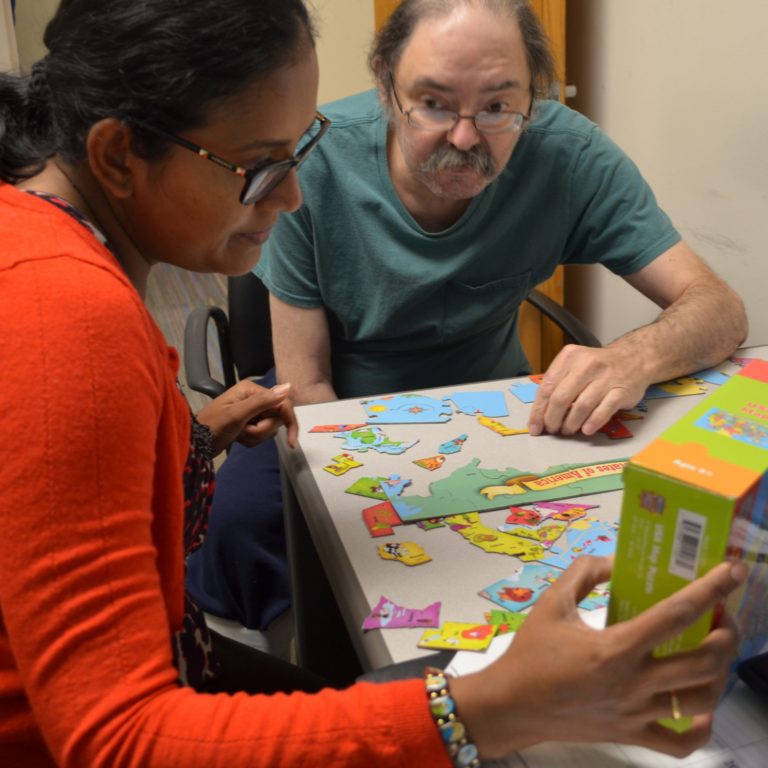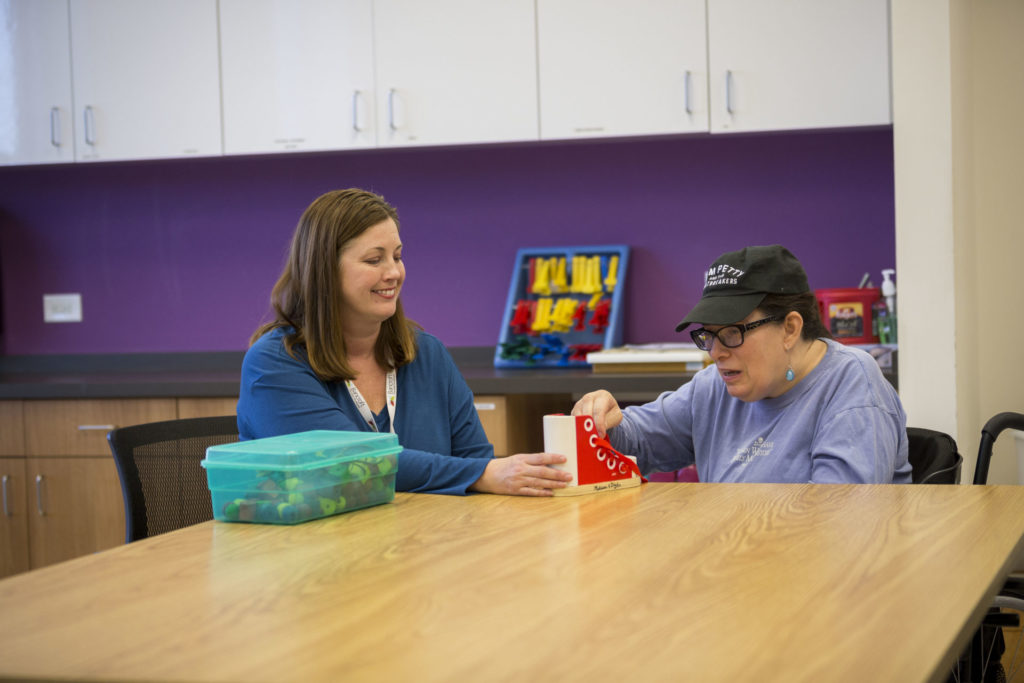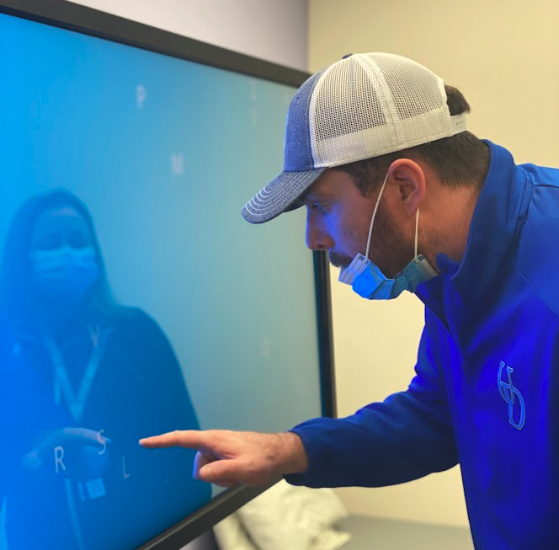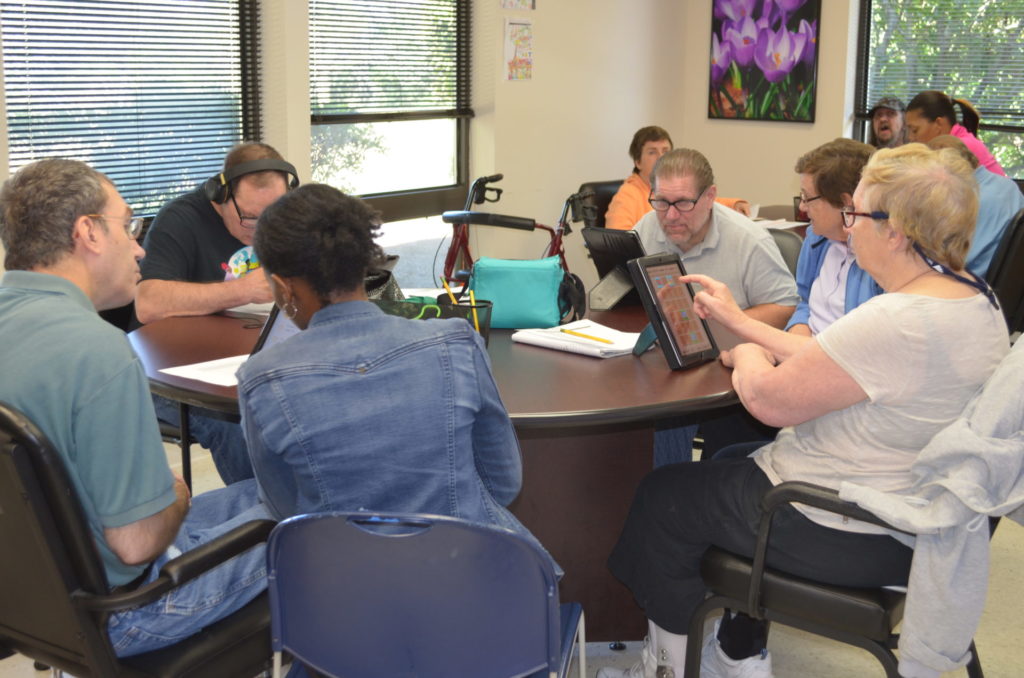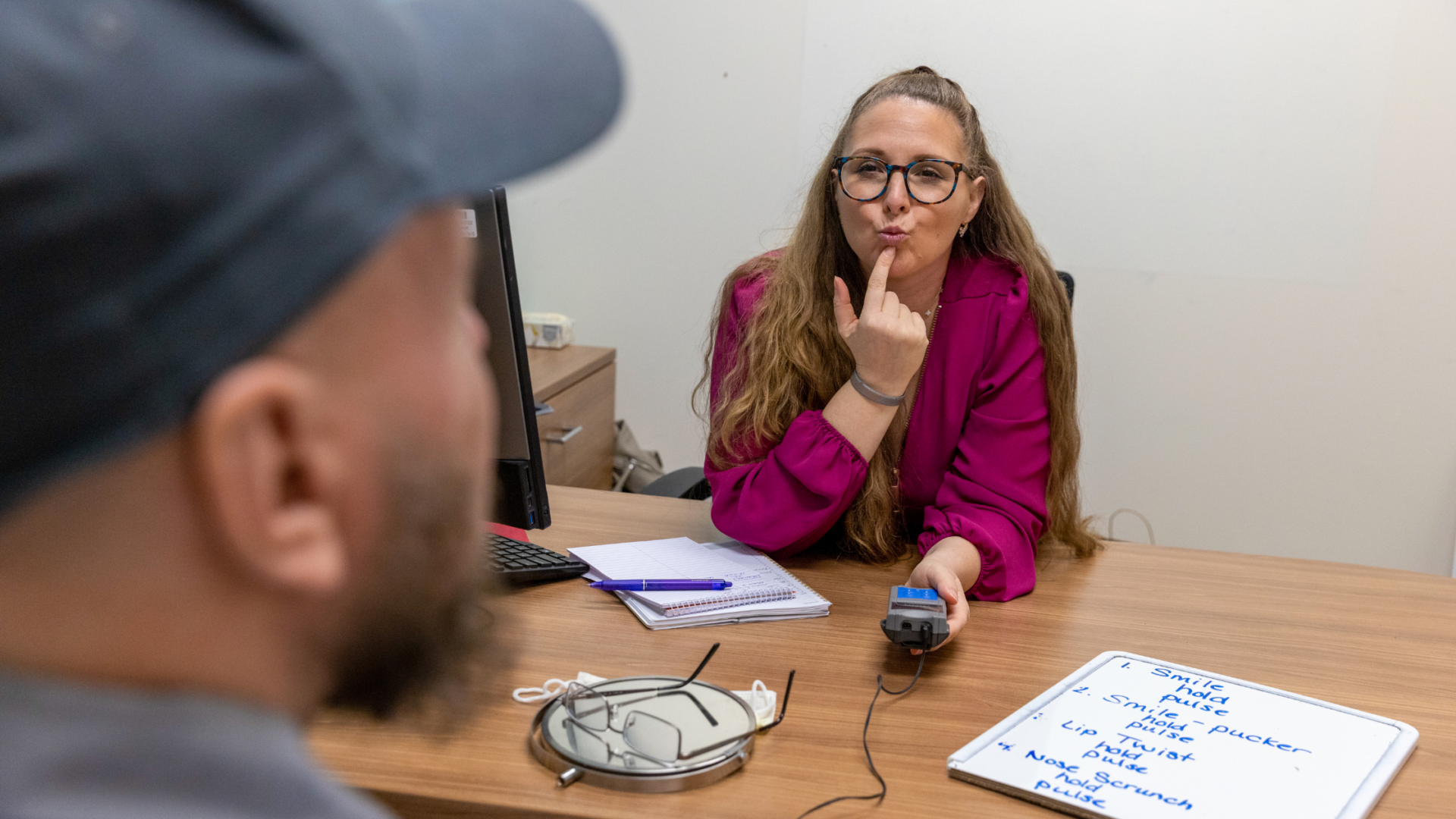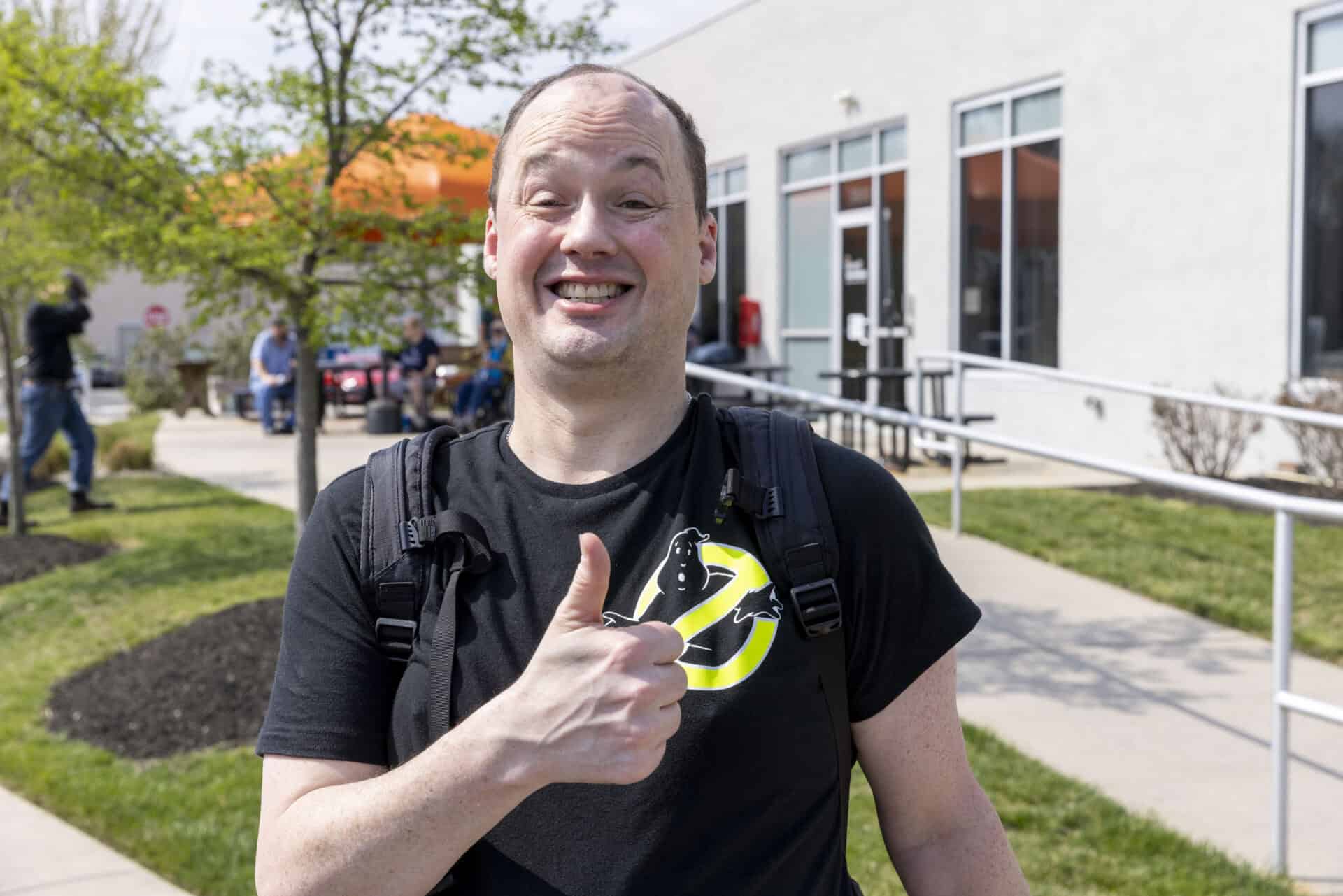More than 5 million individuals live with the effects of a brain injury, and many of those are mild to moderate concussions. One local neuropsychologist shares why you may need a proper evaluation if you’ve ever experienced a concussion.
Contributor:
Dr. Kelly Kollias, Neuropsychologist, Bancroft NeuroRehab
  |
While we often think of catastrophic injuries and disabilities when we hear the term “brain injury,” it’s important to know that mild to moderate concussions are included in
this group, too. And individuals who have experienced a concussion throughout their lifetime may need to seek evaluation and treatment to assist with the recovery process.
Initial concussion diagnosis usually happens in the ER or at a physician’s office. Patients may undergo an immediate, albeit brief neuropsychological assessment, such as the ImPACT test. This common computerized evaluation examines an individual’s symptoms and cognitive functioning, including attention, processing speed, reaction time and memory. The test is also helpful for obtaining baseline functioning and is sometimes administered prior to a sports season.
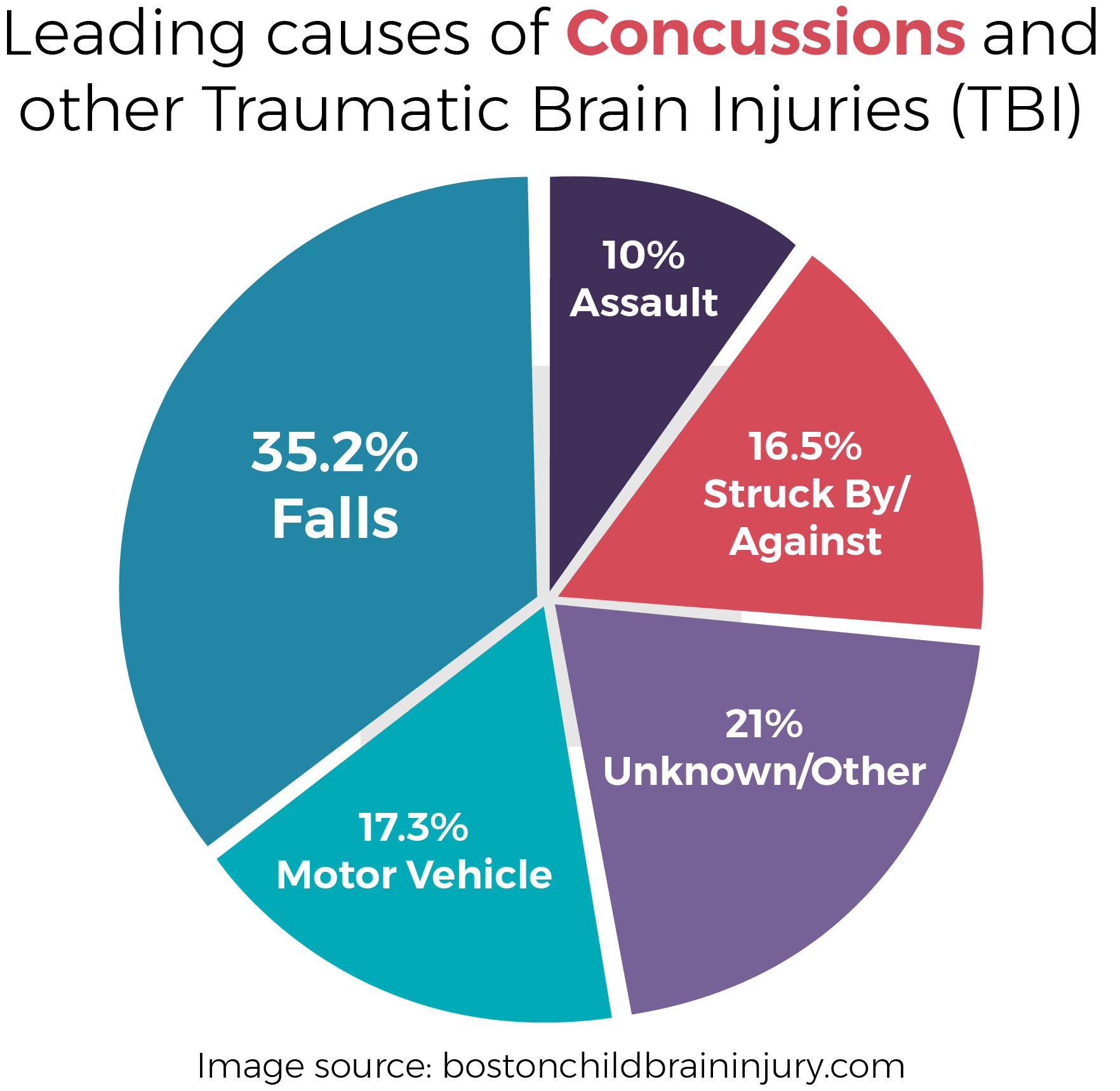  |
But if you or a loved one experienced a concussion and did not receive this initial baseline testing for recovery progress, you may want to seek a proper neuropsychological evaluation, even if your injury happened in the past.
Typically, concussions are expected to resolve within 7-10 days.
However, recovery can be impacted by a number of factors, including psychological and emotional functioning, pain, sleep and vision disturbances or a history of previous concussion or injury. When a concussion does not resolve as expected, a more comprehensive neuropsychological evaluation can provide insight into symptoms and factors that may interfere with recovery.
As a Neuropsychologist with Bancroft NeuroRehab in Mount Laurel, I have seen the difference a proper neuropsychological evaluation can make in healing, which can make all the difference, even in patients who experience minor injuries.
  |
The evaluation assesses cognitive abilities, such as processing speed and memory, and provides insight into emotional functioning and overall adjustment post-injury. Additionally, a comprehensive neuropsychological evaluation helps identify which therapies may alleviate symptoms. Therapies can include psychotherapy, and cognitive, physical, or vision treatments. After the evaluation, neuropsychologists provide education on what to expect post-concussion, helping to alleviate fears or misconceptions.
Check in with your physician about your neurological health. Be empowered to seek a proper evaluation if you suspect you or a loved one may be experiencing any of these nagging symptoms as a result of a concussion.
At Bancroft NeuroRehab, an interdisciplinary team of experts assesses and treats each patient’s unique needs. From mild concussions and memory impairments to traumatic brain injuries, dedicated, compassionate clinicians aim to help individuals rebound, recover and reconnect after illness or injury.
If you or someone you know has questions about concussions or neurological health, Bancroft NeuroRehab can help. Call 844.234.8387 or contact us to learn more.




